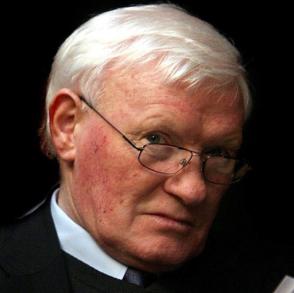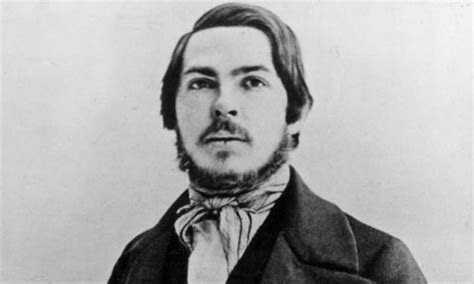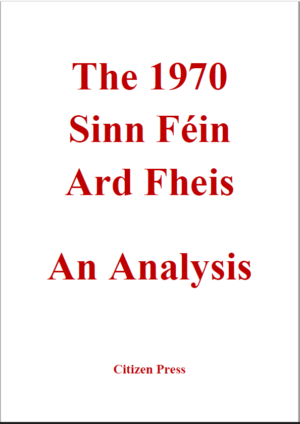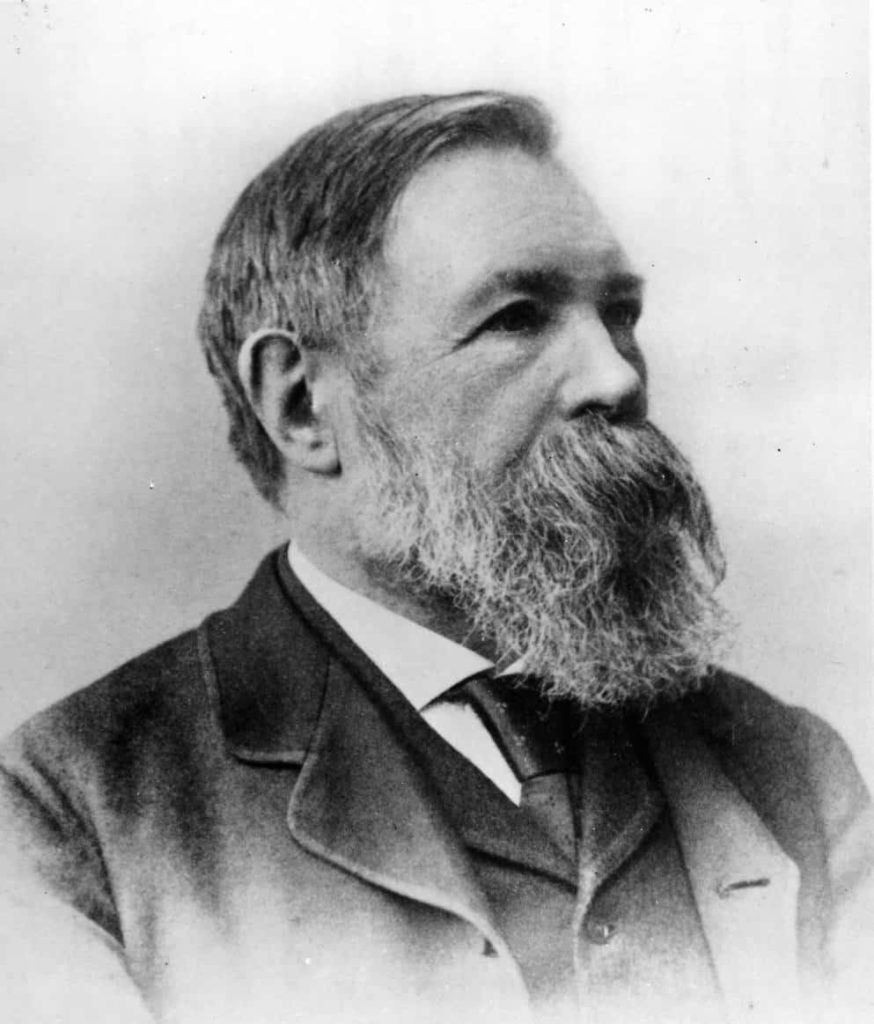The following article by Sean Garland is the introduction to the third edition of ThinkLeft, the Workers’ Party’s theoretical magazine, which focused on the October Socialist Revolution, to coincide with its 100th anniversary late last year. Get your copy of ThinkLeft 3 here.
At times such as this it is necessary to look back and reflect on what has been achieved and to mark out what are the next steps on the road to Socialism.
November 1917 in Ireland was a period of reorganisation, of recovery after the defeat of 1916.
In commenting on the Easter Rising, Lenin was one of the few international leaders who did not condemn it. He sought to explain it and defend it. Whilst the majority of the Socialist International had capitulated to the forces of imperialism and national chauvinism by taking part in the World War, James Connolly, the Irish Marxist revolutionary, had taken Lenin’s position of outright opposition to the imperialist war. Connolly, like Lenin, was determined to take advantage of this war to free the working class from slavery.
The tragedy, indeed among the many tragedies, of the Irish situation was first, as Lenin stated, that the 1916 Rising was premature: the Irish rose before the workers of other European countries were ready to do so. Secondly, in looking back over our history, was the absence of a class conscious disciplined party of the working class, a Bolshevik Party.
This critical element being missing led to the defeat in 1916 and also lead to every subsequent effort on the part of the Irish people to secure freedom being defeated.
Ireland is a classic case of the struggle for National Independence being left in the hands of the bourgeoisie and on every occasion when victory seemed possible or within reach the bourgeoisie sold out to capitalism and imperialism.
The Workers’ Party placed class struggle on the Irish political agenda for the first time in Irish history. We demonstrated the need for workers to have their own party, for the working class to be the leadership in the struggle for national independence, and to ensure that this independence is not a sham but that full economic and political power is taken by the working class.
From the late 60s and early 70s, we attempted to build a different party, a vanguard party with roots deep in the people’s history and their daily life. It was no haphazard choice when, in 1973, we adopted Lenin’s theory of organisation. Neither was it a replacement for any so-called IRA military command structure.
The new approach to engagement with the struggles of the working class and, most importantly, the inextricably linked prioritisation of a political party inspired by Lenin helped us greatly, when Seamus Costello attempted to drag the movement back into the dead end of militarism. The retreat to militarism, apart from causing much human misery over the following decades, could not — and did not — deliver socialist political progress in our country.
Our membership, aided by the discipline and consciousness nurtured by our absorption of the Bolshevik experience, were able to recognise that adopting a socialist platform was not enough; it was necessary to build a mass workers’ party to conduct a political struggle capable of winning it. While there have been other moves to the left by nationalists and republicans over the decades, few adopted with such clarity the central role of a workers’ party.
After the defeat of Costello, the Party stabilised and began to make steady progress in the country through a coherent political, economic and social analysis allied to regular agitations on issues that affected the working class. This in turn was reflected in the sales and popularity of the Party’s publications which in turn increased the membership. In 1977 we made the declaration that we were becoming a Workers’ Party with the principles of Lenin’s Democratic Centralism.
We did then, and still must, seek to have a Marxist analysis and viewpoint of society – for, despite what has happened in Eastern Europe and despite our own failure to recover from the betrayal of a powerful opportunist faction in 1992, no other system or principles have been found which will fundamentally change the nature of society and end the exploitation of the many by the few.
It remains our task to apply these principles in our political work while avoiding the dead hand of purist isolationism; with the class consciousness of Irish workers now rising, after decades of stagnation, we must apply them to our day-to-day engagement with the working class, to become The Workers’ Party in deed, and not just in name.
Sean Garland is National Treasurer of the Workers’ Party.
Seán Garland (7 March 1934 – 13 December 2018) was the General Secretary and President of the Workers’ Party at various times between 1977 and 1999. In the 1960s, Garland became a Marxist and was one of a generation of IRA leaders who attempted to lead the organisation away from violence and into left-wing political agitation. He worked closely in this with figures such as Cathal Goulding and Tomás MacGiolla. During the 1969/70 IRA split, Garland supported the moves to abandon abstentionism and was a key figure in Official Sinn Féin (as national organiser) and Official Irish Republican Army (as Adjutant-General).



